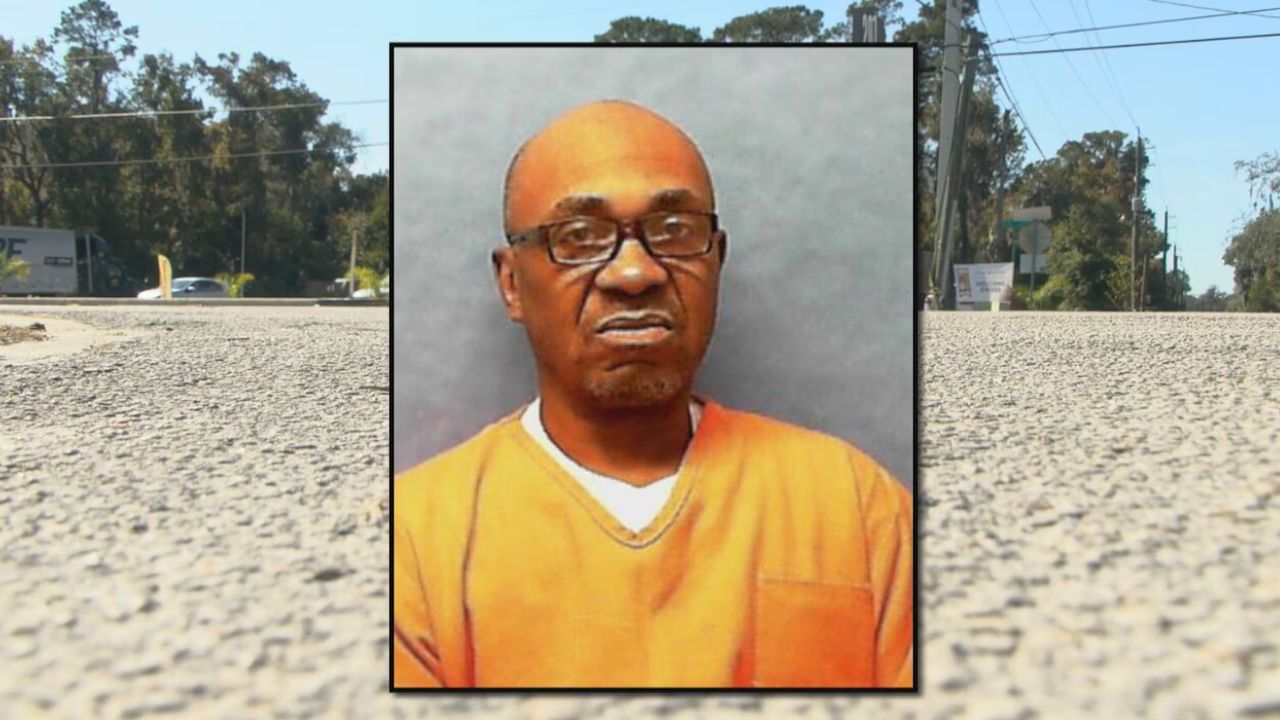Starke, FL – Florida executed Richard B. Randolph on Thursday evening, marking the state’s 17th execution this year—a new annual record. Randolph, 63, was convicted of the 1988 rape and murder of a convenience store clerk, Minnie Ruth McCollum. This grim milestone underscores Florida’s increasing use of capital punishment amid ongoing debates about the death penalty’s efficacy and morality.
The execution was carried out via lethal injection at Florida State Prison near Starke, where Randolph was pronounced dead at 6:12 p.m. EST. His case highlights key issues about legal representation, the conditions of death row inmates, and the state’s justice system.
The Crime and Conviction
Richard B. Randolph was convicted for the brutal attack on 62-year-old Minnie Ruth McCollum in Palatka, Florida, where he broke into a store intending to rob his former place of employment. The crime was particularly violent:
- Randolph initially attacked McCollum by bashing her head and strangling her with a sweatshirt drawstring.
- After she regained consciousness and screamed, he beat her again and ultimately stabbed her multiple times in the neck.
- Randolph then raped McCollum before fleeing the scene with her car.
- McCollum succumbed to her injuries six days later, leading to Randolph’s conviction in 1989 by an 8-4 jury verdict.
Legal Battles and Appeals
Randolph’s final appeal was rejected by the Florida Supreme Court without explanation on the day of his execution. His defense argued several key points:
- He was a victim of severe childhood abuse, impacting his character.
- His original trial counsel was ineffective, providing minimal defense and investigation.
- Randolph suffered from lupus, posing risks of severe pain under the lethal injection method.
“Randolph’s current claim was raised eight years later and is thus untimely,” the Florida Supreme Court stated, upholding the execution despite these arguments.
This decision reflects the state’s adherence to the lethal injection protocol established in 2017 and highlights procedural challenges for death row inmates seeking appeals based on execution methods or personal health conditions.
Social and Ethical Perspectives
The execution has sparked protests and discussion about redemption and justice. Advocates emphasized Randolph’s personal transformation during incarceration:
- More than 30 years in prison, Randolph engaged in religious study and mentoring younger inmates.
- He maintained a spotless disciplinary record while mediating conflicts on death row.
“Tonight’s execution shows, with painful clarity, that the State of Florida does not believe in redemption. Or hope. And that it only believes that more violence is the solution,” said Floridians for Alternatives to the Death Penalty.
A candlelight vigil was held during the execution, with organizations like the Catholic Mobilizing Network praying for Randolph’s peace in his final moments.
Florida’s Execution Record and Broader Impact
Florida’s 2025 death penalty activity has already broken its previous record of eight executions set in 2014, with two months remaining in the year. Randolph is the 7th military veteran executed in Florida this year and the 44th death row inmate executed in the United States overall.
These statistics raise important questions about Florida’s capital punishment policies and the national landscape. For ongoing updates and detailed court documents, readers can visit the original reporting source at UPI.com.
What Do You Think?
Florida’s record-setting year in executions invites public reflection on justice, law, and redemption. What is your perspective on the death penalty and its application in cases like Richard B. Randolph’s? Share your thoughts in the comments below!


 by
by 

